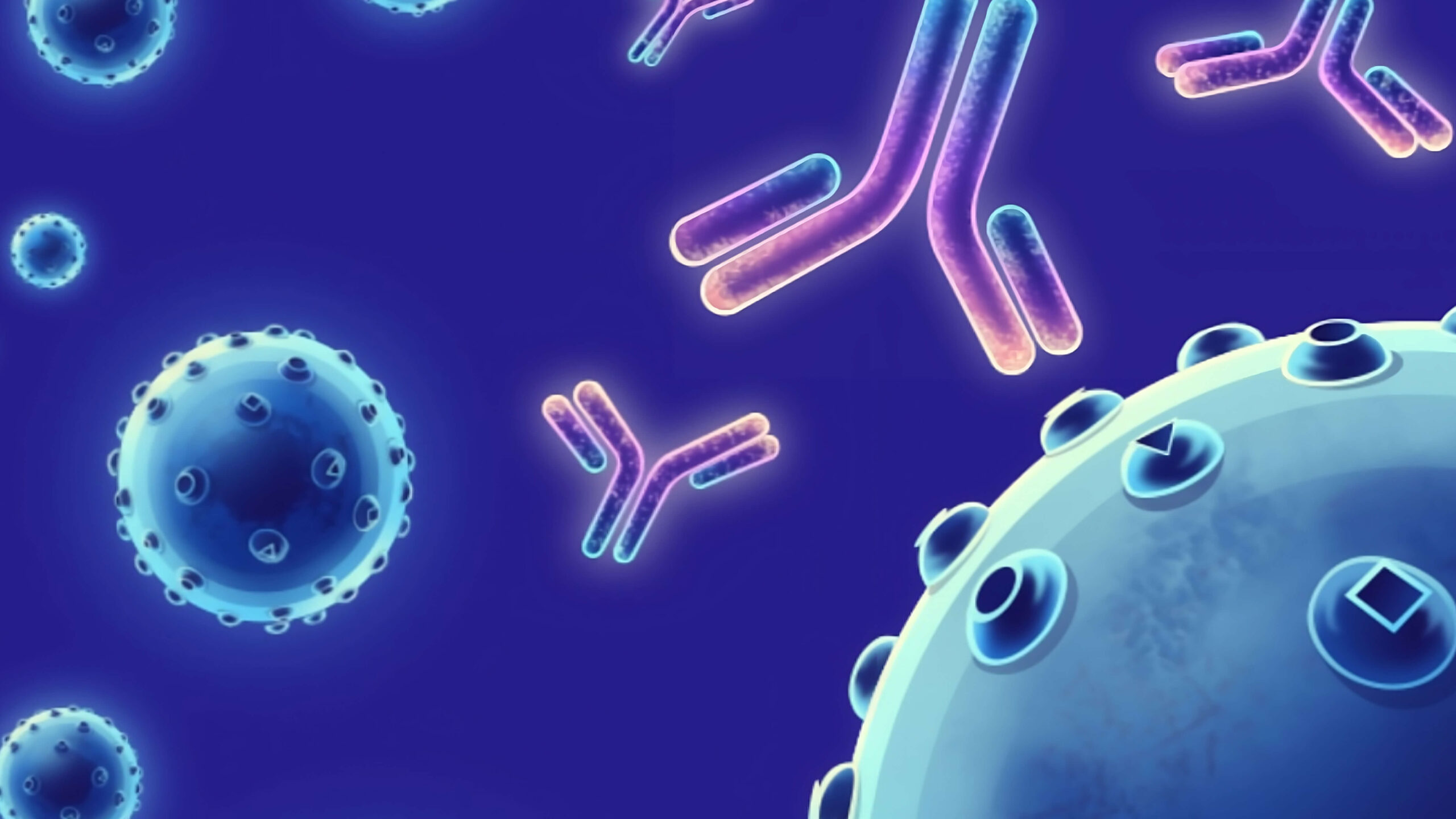Description
Serpins are the largest and most diverse family of serine protease inhibitors which are involved in some fundamental biological processes such as blood coagulation, complement activation, fibrinolysis, angiogenesis, inflammation and tumor suppression and are expressed in a cell-specific manner. Serpins are a group of proteins with similar structures that were first identified as a set of proteins able to inhibit proteases. The acronym serpin was originally coined because many serpins inhibit chymotrypsin-like serine proteases (serine protease inhibitors). Over 1 serpins have been identified.
Serpin-I2, also known as myoepithelium-derived serine protease inhibitor, Pancreas-specific protein TSA24, Peptidase inhibitor 14, PI14, SERPINI2 and MEPI, is a secreted protein that belongs to the serpin family. It is expressed in pancreas and adipose tissues. SERPINI2 deficiency directly results in the acinar cell apoptosis and malabsorption.
Target
SerpinI2
Target Alias Names
MEPI, PANCPIN, PI14, Serpin I2, TSA2004
Isotype/Mimetic
Rabbit IgG
Animal-Derived Biomaterials Used
No
Sequence Available
No
Original Discovery Method
Phage display technology
Antibody/Binder Origins
Animal-dependent discovery (in vitro display, OR immunisation pre-2020), In vitro recombinant expression

